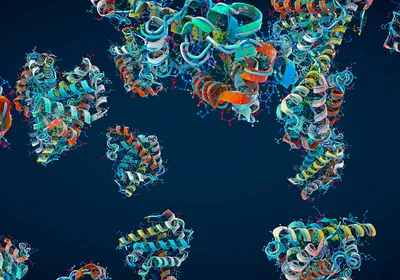 Science teachers typically have no extra time for adding new curriculum, little time for their own professional development, and no discretionary budget to support their lessons with new equipment or field trips. We have explored the notion that if retired scientists could organize a community effort and work with teachers, they could help enhance science education.
Science teachers typically have no extra time for adding new curriculum, little time for their own professional development, and no discretionary budget to support their lessons with new equipment or field trips. We have explored the notion that if retired scientists could organize a community effort and work with teachers, they could help enhance science education.
In January 2011, two retired scientists in Sisters, Oregon—an academic neurologist and a chemical engineer—sat in a wine bar bemoaning the state of affairs of science education in US schools. The Washington Post had just reported that more than 65 percent of students in grades 4, 8, and 12 had fallen below test criteria for proficiency in science. One month earlier, 15-year-olds in the U.S. placed 23rd on science tests and 31st on math exams in an international competition. Saddened, those retired scientists—we authors, Robert Collins and Cal Allen—didn’t know what to do. We could write our senators or the state education department, or maybe visit our district’s school board. It was their problem, wasn’t it? We ordered another glass of wine.
Sisters is a ...


















